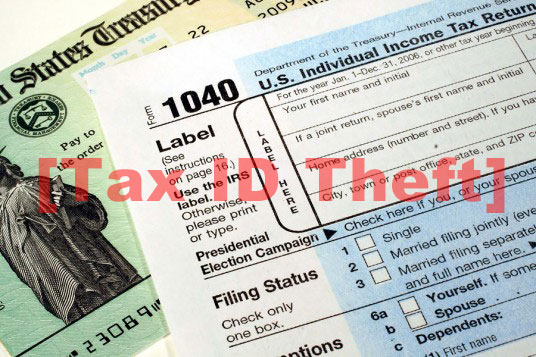Income Tax
New Report Gives Tax Pros Guidance to Help Clients Facing ID Theft
Thomson Reuters has released a special report, What to Do If Your Client is a Victim of Tax-Related Identity Theft, which provides helpful guidance for tax professionals advising victims of tax-related identity theft.
May. 12, 2016

Thomson Reuters has released a special report, What to Do If Your Client is a Victim of Tax-Related Identity Theft, which provides helpful guidance for tax professionals advising victims of tax-related identity theft.
Identity theft continues to be one of the fastest growing crimes in America. According to a September 27, 2015 Bureau of Justice Statistics press release, 17.6 million U.S. residents age 16 or older were victims of at least one incident of identity theft in 2014, compared to 16.6 million in 2012.
“There is no doubt that tax-related identity theft will continue for the foreseeable future,” said Trenda Hackett, technical editor with the Tax & Accounting business of Thomson Reuters and author of the report. “As your client’s trusted advisor, knowing how to advise and navigate them through the resolution process is a great way to demonstrate value.”
Last year, the Federal Trade Commission cited tax-related identity theft as the most commonly reported form of identity theft for the sixth consecutive year. An IRS report published early this year also indicated that more than 1.3 million taxpayers’ accounts had been targeted, of which 724,000 were fraudulently accessed for ID theft.
This report will help practitioners and taxpayers understand trends, tax fraud schemes, and developments for this growing crime. It also explains:
- The warning signs of tax-related identity theft at filing and after filing tax returns.
- Steps that practitioners can take when their clients receive IRS letters 4464C, 5071C, 4883C or Notice CP01B alerting them of fraudulent returns filed on their behalf and requesting verification of their identities.
- Steps that practitioners can take when their clients receive IRS letter 4491C informing them that someone used their social security number to obtain employment.
- A list of what to do when a client suspects identity theft.
- Actions the IRS takes to resolve tax-related identity theft and what clients need to do.
- The factors that contribute to delays in resolving such thefts.
- When to contact the Taxpayer Advocate Service.
- How victims can request a copy of the fraudulent tax return.
The free report and a supplemental client summary for practitioners to share with their clients are available for download at tax.thomsonreuters.com/products/brands/checkpoint/tax-related-id-theft.
Thomson Reuters Checkpoint provides a number of resources designed to help professionals provide the best advice, counsel, and services to clients who are victims of tax-related identity theft:
- Thomson Reuters PPC’s Guide to Tax-Related Identity Theft is an all-in-one resource providing detailed guidance and practical aids to help recognize, report, and effectively resolve tax-related identity theft issues at both the federal and state-specific levels.
- Thomson Reuters Checkpoint IRS Response Library provides subscribers the comfort and confidence to efficiently and effectively respond to IRS taxpayer notices and represent clients in many types of engagements.
